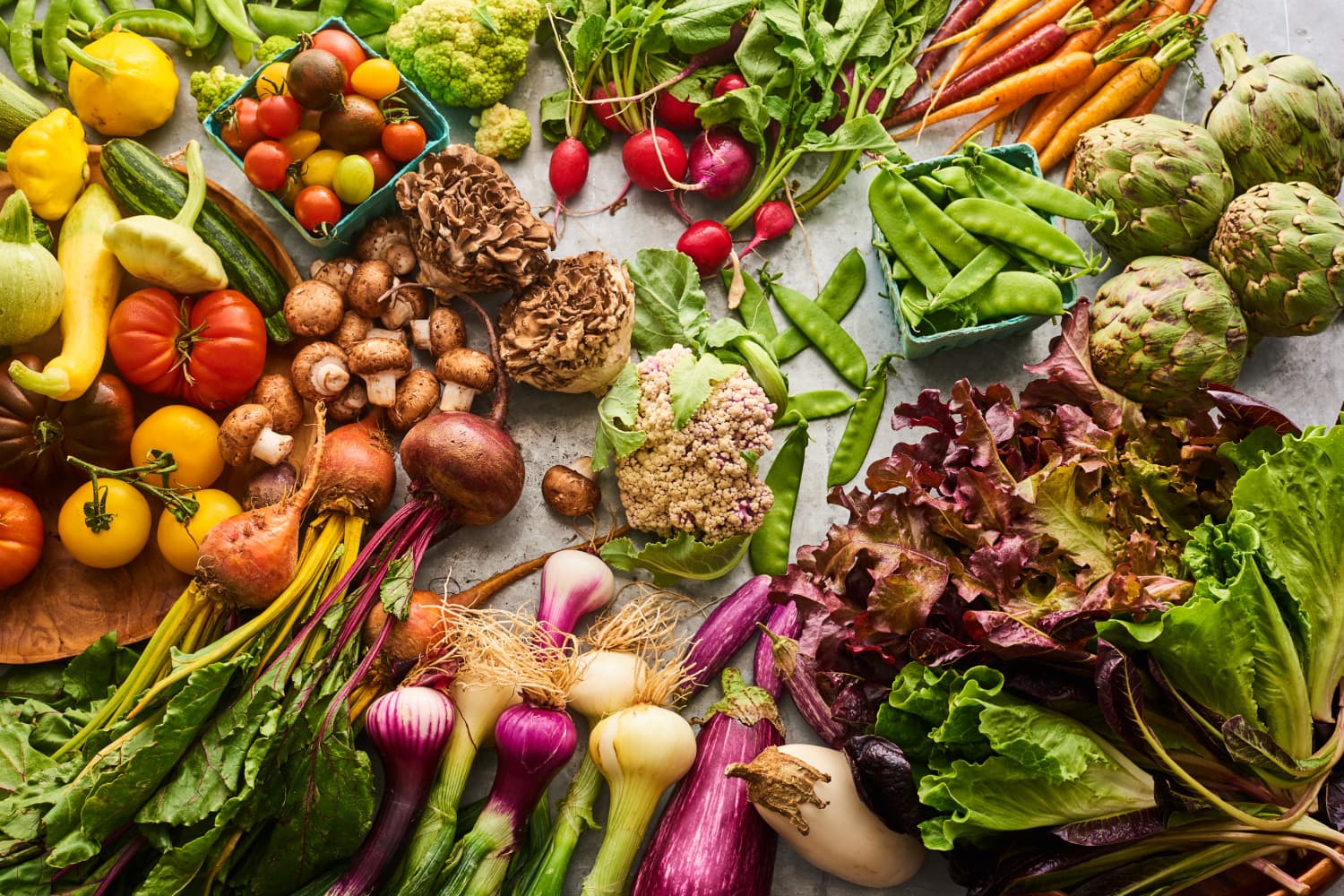Products You May Like

Farmers markets are one of the best ways to buy goods directly from farmers and local producers. When you shop at a farmers market, there is no second guessing if what you’re buying is in season, because what’s available to purchase is what’s growing in the fields at this very moment. But there is an art to shopping at them.
I used to manage famers markets, a few different-sized ones in various cities, and during those years, I noticed plenty of mistakes that shoppers make. It didn’t matter whether the shoppers in question were first-timers or regulars either — pretty much everyone is guilty of committing at least one farmers market foul.
There are the biggest mistakes I saw people make — and the ones you should avoid making in the future!
1. Don’t skip an initial lap.
It may be easy to stop at the first stall that catches your eye and load up on all the delicious fare they have on display. I don’t blame you, but this will lead to inevitable disappointment when you’ve spent most of your cash and your bags are full to the brim before you’ve gotten to assess all the other goodies available. I find that the best shopping strategy is to see what’s available, compare prices, and make a mental checklist of what you want to purchase. For example: Don’t miss out on out-of-this-world baked goods, honey, jams, dips, sauces, and even fresh-cut flowers!
2. Don’t negotiate with vendors.
This is a big, all-around no. Do you haggle for a better price at your grocery store? No? That’s what I thought. Each stall functions as its own small store — without the brick and mortar. In this casual environment, shoppers might feel more comfortable asking for a deal, but the prices you see are reflective of the true cost of growing the food you eat — labor included. Take note that some vendors do offer discounts or deals at the very end of the market; just wait until the deals are on vendors’ terms.
3. Don’t avoid stalls just because they don’t have “Certified Organic” produce.
I’ve witnessed many customers walk right past stalls that don’t sell “Certified Organic” produce. The issue with this is that most people aren’t aware of the intricacies and obstacles in place for small-time farmers. Many farmers do have sustainable practices but aren’t legally allowed to use the word “organic” per the USDA, unless they pay a large fee for official certification (which can take around three years to obtain). If you see signs at a stall that say, “No spray” “No chemicals,” or “No pesticides,” this is the farmer’s way of saying, “We grow organically!”
4. Don’t shop without asking questions.
One of the best ways to learn about how your food is grown is to talk with the very people who grow it! If you’re curious about the farm, unfamiliar with a particular offering, or wondering when a certain vegetable will make it to market, don’t be afraid to ask. Take time to get to know the people who make your food. Most farmers I’ve encountered enjoy talking about what they do for a living and love curious customers.
5. Don’t show up without cash.
Although credit and debit cards are super convenient, cash still rules at the farmers market. Many farmers and vendors are unable to accept cards, so the only way you’ll get delicious asparagus in spring or beautiful, green zebra tomatoes in summer is by having plenty of cash in your wallet. Bring smaller bills, too.
Anything you’d add here? Let us know in the comments!
